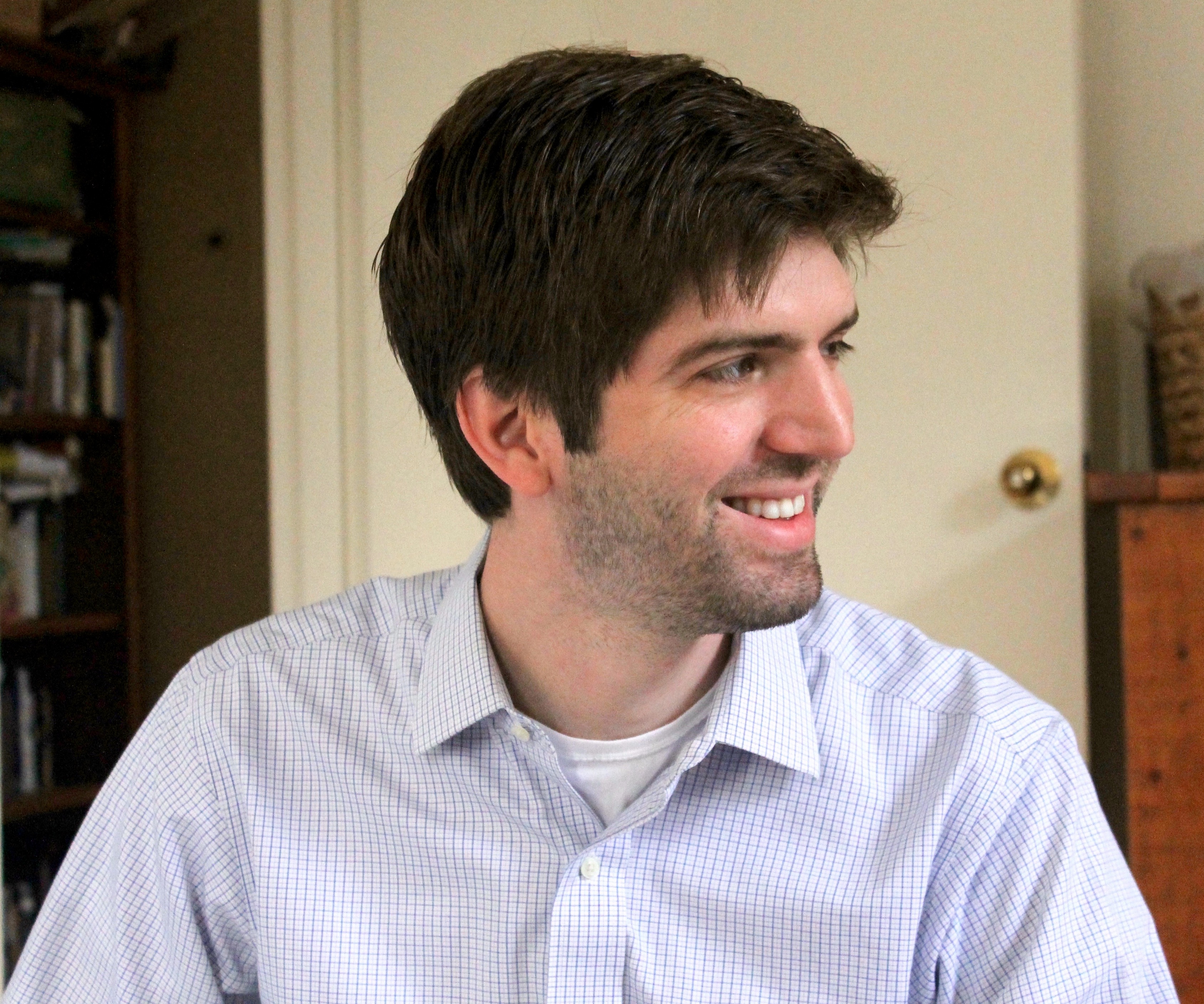Once upon a time, we’re told, people left their work behind when they walked out the office door at the end of the day. But today, when our various devices mean we’re reachable anytime and anywhere, our work has a way of following us home — in the form of after-hours emails, calls, and texts.
On Thursday, New York City Councilman Rafael Espinal introduced a bill that would prohibit companies from requiring employees “to check and respond to email and other electronic communications during non-work hours.”
“There’s a lot of New Yorkers out there that don’t know when their work day begins or when their work day ends, because we’re all so tied to our phones,” Espinal told CBS News.
This always-on way of living and working can lead, not surprisingly, to a sense of burnout and increased stress. As The New York Times notes, research shows “people who responded to work communications after 9 p.m. had a worse quality of sleep and were less engaged the next day.”
The New York bill follows similar efforts elsewhere around the world. France, for example, passed a “right-to-disconnect” law in 2017, “designed to ensure respect for rest periods and … balance between work and family and personal life,” according to the French Ministry of Labor. The German car company Daimler instituted a “Mail on Holiday” program, which automatically deletes employees’ email while they’re on vacation (and which inspired Thrive Global’s own tool, Thrive Away).
In South Korea, where death from overwork has its own word (gwarosa), the government has introduced an initiative that will shut down computers of government workers at the end of the day to ensure they leave work on time, according to Fortune.


